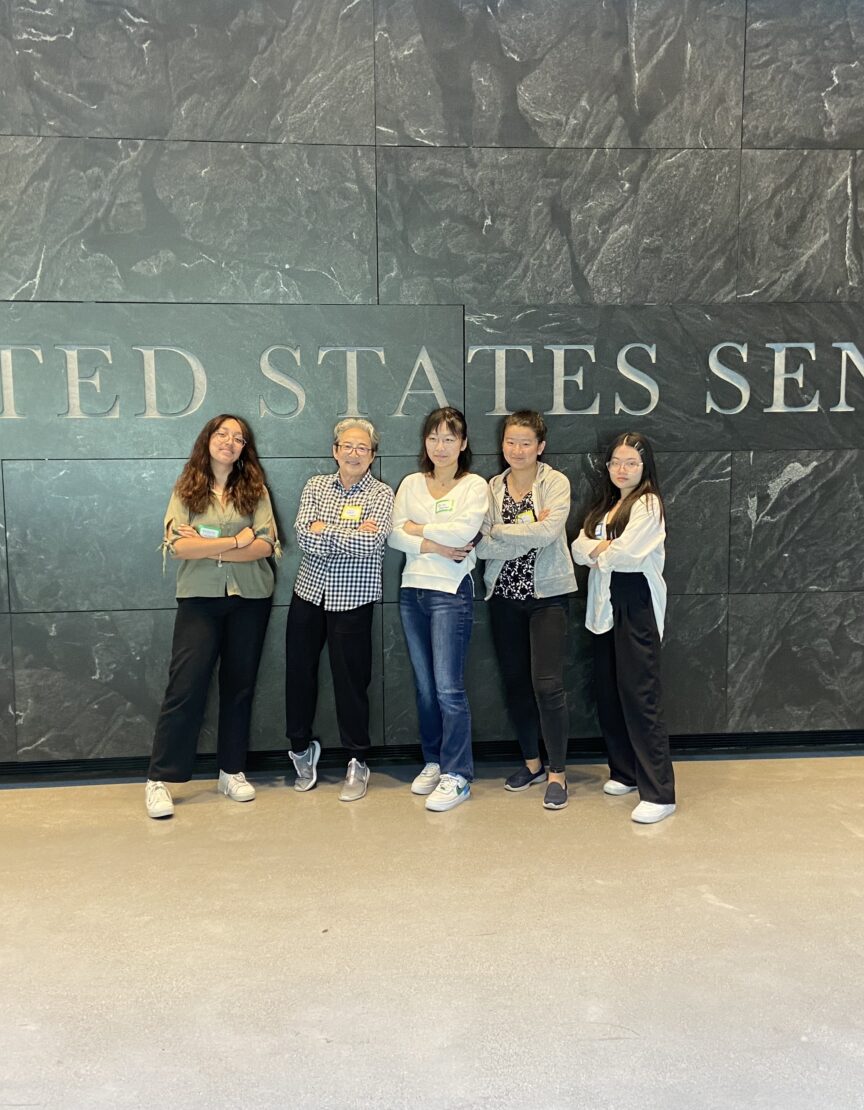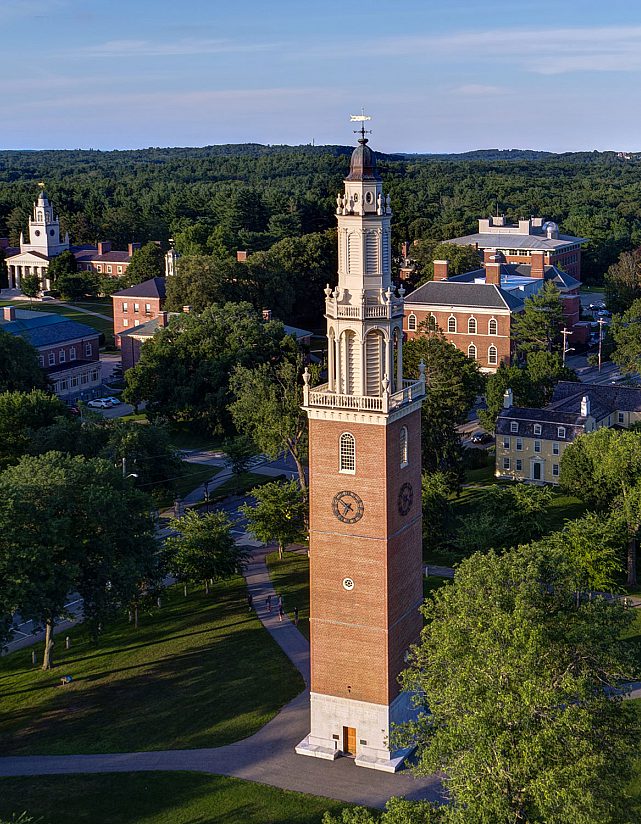
June 12, 2023
Daring to Reimagine Access
Learning to be okay with dreaming “too big” and embracing unfinished workby Victoria ’23
A student post from The Workshop 12*
“I don’t take Latin—what does that even mean?”
As I sat on my bus back to Andover from winter break upper year, I followed the Washington Post’s coverage of protests outside of the Supreme Court during the Dobbs v. Jackson oral arguments. The bus ride was long, and I was bored, so I figured why not Google a bit more about what was going on?
My Safari tabs quickly grew, an accumulation of all my questions and the rabbit holes I began to go down. I supplemented these searches with a Notes document in my phone to keep track of the information I was learning. The top of the document outlines one of the most important—though simple—phrases I learned in my few hours of research: stare decisis. It’s Latin, and not at all indicative of its meaning (if you, like me, do not have a background in the language). It was the term that made me question why I was never taught these legal phrases in my history classes, or why no one was providing information about legal cases that was accessible to those with varying literacy levels.
My project, the Repro Health Library serves as a tool for me to answer the questions no one has yet answered for me. Learning about the intricacies of stare decisis alone and how integral precedent is to our common law system only widened the information gap between me and others. Others who might not have access to the technology required to research their rights or the literacy to understand the information that they would come across.
As time went on, my desire to increase information accessibility transformed before my eyes. I went from wanting to make an informational pamphlet to reimagining how zines could be the perfect physical artifact for my Workshop project. But what would happen after someone reads my zine? How would I really play a part in addressing both the digital divide and information access gap between communities? I inched toward website building and, every day, woke up with a new dream for this “library.” Studies I read about mHealth (mobile health) and m4RH (mobile for reproductive health) guided me down a text bot path and, with the blink of an eye, my plan was bigger than me.
The past month has been filled with new ideas, no ideas, and too many ideas all at once.
”The past month has been filled with new ideas, no ideas, and too many ideas all at once. For a while, I wondered how I could downsize and make a project that would be complete come graduation. I slowly realized that I did not need to scale down my goal to be “easier” or “faster” to do. I leaned into the unknown and have pushed to continue on my website, whether or not it is fully functional in the next few days. Being okay with an incomplete project that can continue challenging me past my time at Andover has been a beautiful lesson to learn, and I will take the passion for this project with me through the rest of my life.
__________________________________________________________________________
Victoria's individual project was one of three that were tied together with a shared passion for public health. The projects—under the umbrella of "Healthcare Access in the Digital Age"—consisted of research in various areas such as: prescriptions and patient care, mental health, AI, and reproductive justice. On May 21, Victoria and group mates Alice ’23 and Erin ’23 shared their findings at the Student Conference for Public Health.
__________________________________________________________________________
*THE WORKSHOP
Each spring term, The Workshop welcomes approximately 20 seniors to this interdisciplinary, project-based course. With an eye toward reimagining what school can be, The Workshop is the senior’s only academic commitment for the entire term. Instead of splitting their time and attention into units of distinct courses and fields of study, they work closely with peers, faculty, and community and global partners on a series of linked, interdisciplinary projects that revolve around a single theme. Within the theme Experiments in Education, students explore areas of personal interest.
During the first few weeks of the term, students are working on one of four faculty-led projects. We feature blog posts by students during this time.
- Inequality Visualized (led by Ellen Greenberg, instructor in Mathematics, Statistics, and Computer Science)
- Listening to the Buddhists in Our Backyard (led by Andy Housiaux, instructor in Philosophy and Religious Studies; director of the Tang Institute)
- With Liberty and Health for All: “Humanities for Public Health” (led by Corrie Martin, instructor in English)
- (Re)creating Kerouac: From Jean-Louis to Jack (led by Gene Hughes, instructor in French)
___________________________________________________________________________
The Tang Institute at Phillips Academy is a center for teaching, learning, and partnership. To learn more, follow us on Twitter and Instagram. Subscribe to our monthly newsletter, Notes on Learning.
